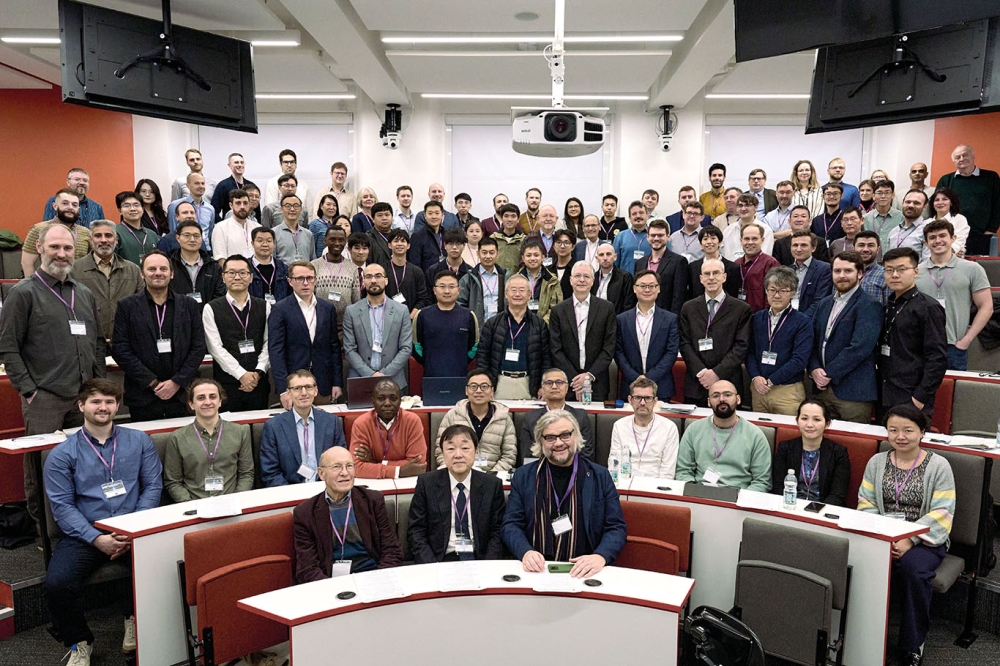Rothschild lawyer expects early settlements
A single academic has accused 30 companies that manufacture or use GaN LEDs and laser diodes of illegally employing semiconductor doping processes that she invented.
Gertrude Neumark Rothschild lodged a complaint with the US International Trade Commission (ITC) on February 20 against companies making products including blue, violet and ultraviolet emitters. On March 20, the ITC said it would investigate the alleged patent infringement.
“We re not aware of any commercial process other than the professor s that would produce those colors of light,” commented Albert Jacobs Jr., the lead litigator representing Rothschild at the ITC.
Jacobs said that by taking the case to the ITC Rothschild could tackle many of the companies currently producing GaN emitters in one fell swoop. The list of companies involved reads like a who s-who of electronic manufacturing, including global brands like Nokia and LG down to chip-level companies like Rohm and Seoul Semiconductor (see related story).
“Based on contacts I ve had with the respondents, some will see the wisdom of arriving at an early settlement,” Jacobs said.
“My settlement terms are fair and reasonable, while litigation is always uncertain "“ the downside of proceeding to trial at the ITC is the products could be enjoined for importation into the United States.”
“It blocks importation at all the entry points in the US - that s a rather severe negative in terms of marketing your product.”
Wide-bandgap claims
The dispute revolves around US patents 4,904,618 and 5,252,499, which cover processes for the doping of wide-bandgap semiconductor epitaxial layers using two materials. The first is frequently magnesium and the second is frequently hydrogen but according to the patents the specific dopants may vary.
Rothschild developed these processes during her tenure as a professor of materials science at Columbia University, New York, a post she has held since 1985.
Jacobs says that the octagenarian professor has already settled federal US patent cases with Toyoda Gosei (see related stories), Nichia, Osram and, most recently, Philips Lumileds.
Ironically, Rothschild had previously worked as a physicist at Sylvania (part of Osram) and Philips. Perhaps this influenced the decision to establish a “Philips Electronics Chair” at Columbia University in her honor as part of the settlement with Lumileds.
Cree, however, is still engaged in its case with Rothschild and wrote in its 2007 annual report: “The patents are invalid and are unenforceable under the doctrine of inequitable conduct.”
In response Jacobs said: “Substantial companies have settled - if those companies thought they had wonderful defenses then they wouldn t have.”
“There s no prior art that I've seen. Companies can argue over interpretation and whether they infringe, but I don t think there s any validity issue.”































